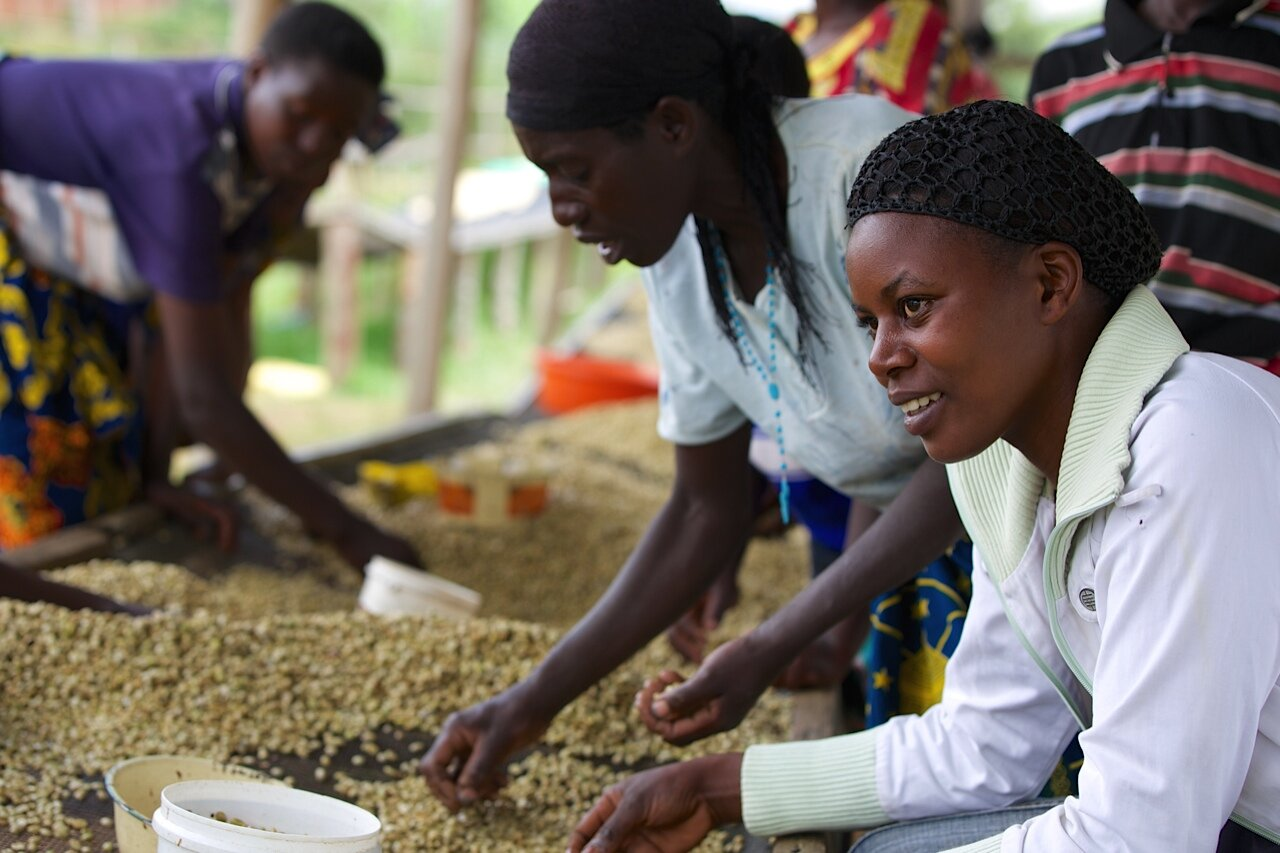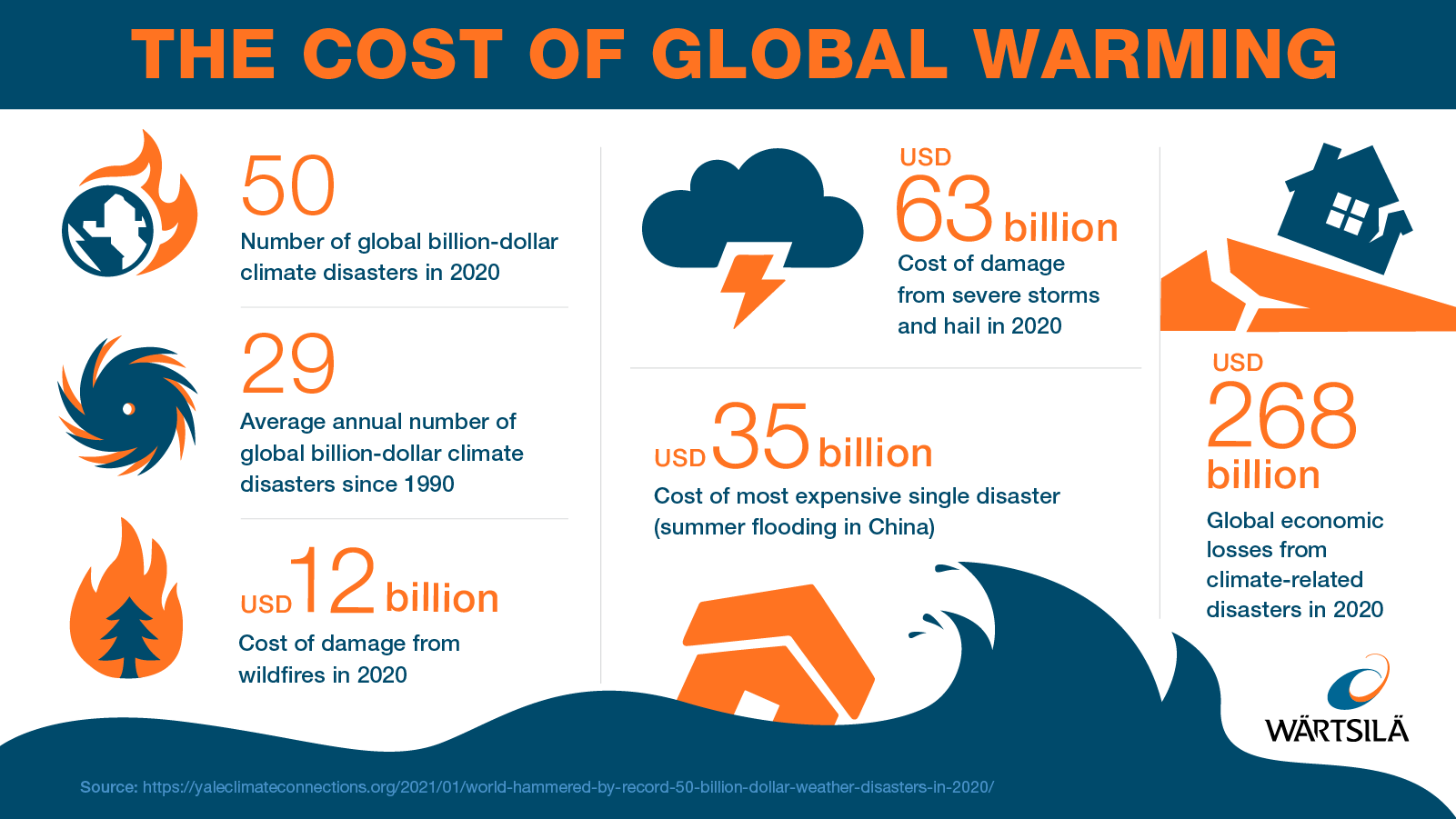
Rwandan Coffee and Domestic Violence: Economic Empowerment Insights
Rwandan coffee has become a beacon of hope in the dual struggle against domestic violence and for women’s economic empowerment. Recent studies highlight the transformational effects of the coffee industry in Rwanda, showing that increased incomes from coffee production correlate with lower instances of domestic abuse. Specifically, women who engage in seasonal work at cooperative mills report a significant reduction in the likelihood of domestic violence during harvest periods. This trend underscores a deeper connection between financial stability and marital dynamics, revealing how the impact of income on marriage can reshape gender roles. As Rwanda continues to champion gender equality, understanding the relationship between Rwandan coffee and domestic violence offers insight into the broader implications for women’s rights in the region.
The cultivation of coffee in Rwanda serves as more than just an agricultural endeavor; it embodies a critical intersection of women’s empowerment and the fight against intimate partner violence. With the rise of cooperative coffee mills, women entering the workforce experience a noticeable shift in their status within households, contributing not only to family income but also to healthier dynamics in marriages. Research illustrates how these income opportunities can diminish domestic violence rates, showcasing the importance of financial independence for women. By exploring the coffee sector’s role in enhancing gender parity and reducing abuse, we uncover valuable lessons applicable beyond Rwanda’s borders, addressing global challenges surrounding women’s rights.
The Impact of Women’s Economic Empowerment on Domestic Violence in Rwanda
Rwanda’s coffee sector has become a vital engine for women’s economic empowerment, transforming their roles within both households and communities. The systematic involvement of women in the coffee production process, especially through cooperative mills, has been linked with a notable decline in domestic violence incidents during the harvest season. This correlation speaks volumes about how financial independence affords women not only economic agency but also increased bargaining power within their marriages, thereby reducing the incidents of domestic abuse. Studies highlight that as women contribute to household incomes, they tend to negotiate their roles more effectively, fostering a shift towards gender equality in Rwanda’s traditionally patriarchal society.
Research has shown that during peak coffee harvesting times, when women actively engage in processing coffee cherries, the rate of domestic violence is significantly lower. Specifically, women in proximity to cooperative mills reported a 29% decrease in self-reported instances of domestic violence. This underlines the importance of skilled labor and economic contribution as critical factors in reshaping family dynamics and promoting safer environments for women. By positioning women as vital contributors to household income, Rwandan society moves a step closer to addressing and alleviating the deep-rooted issue of domestic violence.
Exploring the Coffee Industry’s Role in Promoting Gender Equality
The transformation of Rwanda’s coffee industry has emerged as a beacon for gender equality, enabling women to take on roles that were once restricted to men. The establishment of cooperative mills has allowed women not only to participate in the coffee economy but also to command wages for their labor, thus paving the way for financial independence. By engaging in specialty coffee production, women are not merely participants but innovators driving forward the nation’s agricultural sector. This paradigm shift holds the potential to create new avenues for women, contributing to a more balanced gender perspective in economic activities and empowering them to assert themselves in various facets of life.
Moreover, the enhancement of women’s roles in the coffee sector aligns closely with national policies aimed at promoting gender equity and economic sustainability. As women gain access to income-generating opportunities, there is a corresponding increase in their self-esteem and decision-making capacities. This economic participation leads to an elevated awareness of rights, encouraging women to stand against domestic violence and other forms of discrimination. Ultimately, the coffee industry serves not only to improve economic outputs but also to instill cultural changes, challenging the norms that have historically confined women to subordinate roles.
The Interconnection Between Income and Marital Dynamics in Rwanda
Economist Deniz Sanin’s findings uncover the intricate relationship between income and marital dynamics in Rwanda, particularly focusing on how economic empowerment influences domestic violence rates. When women become financial contributors through their engagement in coffee production, their increased income results in higher household decision-making power and lower rates of abuse. The money they earn does not just facilitate financial freedom but redefines the power dynamics within relationships, leading to healthier emotional atmospheres—especially during the harvest season when women’s labor proves essential to family income.
Furthermore, Sanin suggests that the economic interdependence between couples can reduce the likelihood of domestic abuse, as men become acutely aware of the financial costs associated with harming their partners. As women earn wages that support the household, the risk of divorce becomes a pertinent threat that can deter abusive behaviors. In this sense, the economic benefits tied to women’s labor in the coffee industry shape marital interactions profoundly, with positive implications for gender roles within Rwandan society. This underscores the vital connection between economic empowerment and healthy marital relationships as integral in combating domestic violence.
Domestic Violence Statistics and Economic Empowerment Trends
Understanding domestic violence through statistical analysis highlights the impact of women’s economic empowerment in Rwanda. Various studies, including data sourced from the Demographic and Health Survey, indicate that as more women become integral in wage-earning positions, corresponding decreases in domestic violence hospitalization rates are observable. The evidence suggests a direct correlation between increased income for women and a reduction in domestic violence incidents, showcasing that both economic growth and gender empowerment can function synergistically to create safer living environments for women.
Additionally, recent statistics indicate a downward trend in domestic violence occurrences in areas with newly established cooperative coffee mills. This reduction reflects a cultural shift as women’s financial contributions reshape societal norms and decrease stigma associated with domestic violence. The statistical insights not only affirm the effectiveness of policies aimed at empowering women through economic initiatives, but also provide a crucial lens for understanding the root causes of domestic violence, allowing for targeted interventions. The data thus serve as a powerful tool for policymakers and advocates working towards lasting solutions.
Rwanda’s Legislative Efforts and the Coffee Economy’s Impact
Rwanda has made significant strides in addressing domestic violence through legislative reforms, including the 2008 law that criminalizes spousal abuse and empowers women to seek divorce from abusive partners. The coffee industry plays a crucial role in complementing these legislative efforts by providing women with a dependable source of income that supports their independence and resilience. As women engage in the coffee sector, they not only contribute to economic growth but also leverage their newfound financial stability to advocate for their rights and raise awareness against domestic violence.
This intersection of policy and economic empowerment creates a robust framework for tackling domestic violence in Rwanda. Women armed with both economic means and legal protections are better positioned to navigate and challenge the societal norms that perpetuate violence against them. The combination of legislative support and active participation in the coffee economy fosters a culture of accountability and protection for women’s rights, emphasizing that true empowerment is multi-faceted—requiring both social support and financial independence.
Cultural Shifts in Marriage: From Traditional Roles to Economic Partnerships
The evolving dynamics of Rwandan marriages are increasingly reflected in the changing roles of women within the coffee industry. Traditionally, women were often relegated to the background in decision-making and economic activities, but their involvement in coffee production has begun to dissolve these archaic norms. As women take on active roles as wage earners in coffee cooperatives, they reshape the notion of partnership within marriage, demanding equal recognition and respect for their contributions. This cultural transformation not only enhances the status of women but also promotes healthier relationships based on mutual respect and shared responsibility.
Interestingly, the shift towards economic partnerships in marriage has shown to have profound benefits for family welfare. With women’s financial contributions, couples report increased overall happiness and cooperation in household decision-making. Moreover, as women assert their roles in the economic sphere, they also cultivate awareness around their rights regarding domestic violence. In this regard, the coffee industry becomes a catalyst for cultural transformation, fostering environments where couples can flourish jointly rather than in a hierarchical structure, thus contributing to a decline in domestic violence incidents.
Leveraging Agricultural Work for Women’s Empowerment
Agricultural work, particularly in sectors like coffee production, presents an unprecedented opportunity for women’s empowerment in Rwanda. By participating in cooperative mills, women are not just contributing to the agricultural output but are also gaining vital skills and experience that empower them socially and economically. This shift towards embracing women’s participation in agriculture not only supports family income but also encourages a more diverse workforce that can contribute to Rwandan economic growth. As women play a pivotal role in coffee production, they tap into international markets, bringing pride to communities and promoting economic sustainability.
The empowerment resulting from agricultural work also influences women’s perceptions of their roles in society. As they work alongside men in coffee production, women gain visibility and validation for their contributions, which can translate into greater social acceptance of women in various labor markets. The impact of these developments reaches beyond the household, influencing societal norms and paving the way towards gender equality. Therefore, agricultural work, particularly in coffee, emerges as a vital sector for driving progressive changes in gender roles and domestic dynamics within Rwandan society.
Future Strategies for Combating Domestic Violence in Rwanda
To effectively combat domestic violence in Rwanda, it is crucial to adopt a multi-pronged strategy that encompasses both economic and educational elements. By continuing to invest in women’s engagement in the coffee industry and broader agricultural contexts, policymakers can create pathways for financial independence that directly contribute to reducing domestic abuse. Initiatives focused on equipping women with skills relevant to the coffee market not only enhance their employment opportunities but also empower them to become advocates against domestic violence within their communities.
Moreover, raising awareness about domestic violence and promoting educational programs that inform both women and men about rights and responsibilities can create a robust support network. Coupled with economic empowerment, educational initiatives can foster a culture of zero tolerance towards domestic abuse. In projecting a future where gender equality is not just an aspiration but a reality, Rwanda can leverage its agricultural strengths, especially in coffee production, to ensure that women’s roles shift from victims to empowered change agents in society.
Frequently Asked Questions
How does Rwandan coffee production relate to domestic violence statistics?
Recent studies show a significant link between the Rwandan coffee industry and domestic violence statistics. In regions with coffee processing mills, women employed in the coffee sector report reduced incidents of domestic violence, particularly during the harvest season. This is attributed to increased economic empowerment through income generation, which enhances a woman’s bargaining power within her marriage and diminishes the economic incentives for abuse.
What impact does women’s economic empowerment in the coffee industry have on domestic violence in Rwanda?
Women’s economic empowerment through participation in the Rwandan coffee industry has a positive impact on domestic violence rates. Employment at coffee mills enables women to earn wages, thereby improving their financial independence and reducing vulnerability to abuse. Research indicates that during the coffee harvest, women’s income correlates with lower rates of reported domestic violence, as husbands face economic consequences for abusive behavior, knowing that their income derives from their wives’ labor.
Can coffee-producing cooperatives in Rwanda help reduce domestic violence?
Yes, coffee-producing cooperatives in Rwanda have the potential to help reduce domestic violence. By employing women and providing them with financial autonomy, these cooperatives empower them within the household. Studies indicate that in areas with active coffee mills, violence against women decreases, especially during the harvest season when women’s contributions are economically vital for family income.
What role does gender equality play in the reduction of domestic violence in Rwanda’s coffee industry?
Gender equality plays a crucial role in the reduction of domestic violence in Rwanda’s coffee industry. As women gain employment and income through coffee production, their status within the household improves. This shift aligns with cultural changes that promote gender equality, making opportunities for women to assert their rights. Research illustrates that economic benefits linked to women’s labor lead to an environment where domestic violence declines, particularly when women can seek divorce if necessary.
How does the income generated from coffee impact marriage dynamics in Rwanda?
Income generated from the coffee industry significantly impacts marriage dynamics in Rwanda. Studies indicate that when women earn wages through coffee production, they gain greater decision-making power in their households. The increased economic contribution of wives can lessen financial stress that often leads to domestic tensions and violence. Thus, income not only enhances the overall welfare of the family but also changes power dynamics, promoting healthier relationships.
What factors contribute to lower domestic violence rates in areas with coffee mills in Rwanda?
Several factors contribute to lower domestic violence rates in areas with coffee mills in Rwanda, including increased income for women, higher bargaining power within marriages, and reduced time spent with abusive partners during work hours. Economically, men are less likely to engage in abusive behavior when their income is directly tied to their wives’ labor. Furthermore, cultural changes supporting divorce as an option also play a role in reducing domestic violence.
| Key Points |
|---|
| Rwanda’s coffee boom empowers women economically, leading to reduced domestic violence. |
| Seasonal work in coffee mills provides women with wages, increasing their financial independence. |
| Women working in coffee production reported a 29% decrease in self-reported domestic violence incidents. |
| Domestic violence hospitalizations decreased by 14% in areas near newly opened mills during harvest season. |
| Economic self-interest of husbands ties them to their wives’ productivity, reducing violence during harvests. |
| Increased bargaining power for women in decision-making is observed when they earn their own income. |
| Cultural context matters: Women’s financial empowerment can lead to different outcomes in domestic violence rates depending on societal norms. |
Summary
Rwandan coffee and domestic violence intersect in a significant way, demonstrating how economic empowerment through the coffee industry can help alleviate domestic abuse. The rise of specialty coffee production in Rwanda has provided unprecedented opportunities for women, allowing them to earn a wage that not only fosters independence but also reduces the likelihood of violence in their households. Studies reveal that women involved in coffee production experience lower rates of domestic violence, especially during harvest seasons when their economic contributions are crucial to their husbands’ income. Thus, as Rwanda continues to develop its coffee sector, the implications extend beyond economics and into the social fabric, paving the way for enhanced women’s rights and stability within families.


